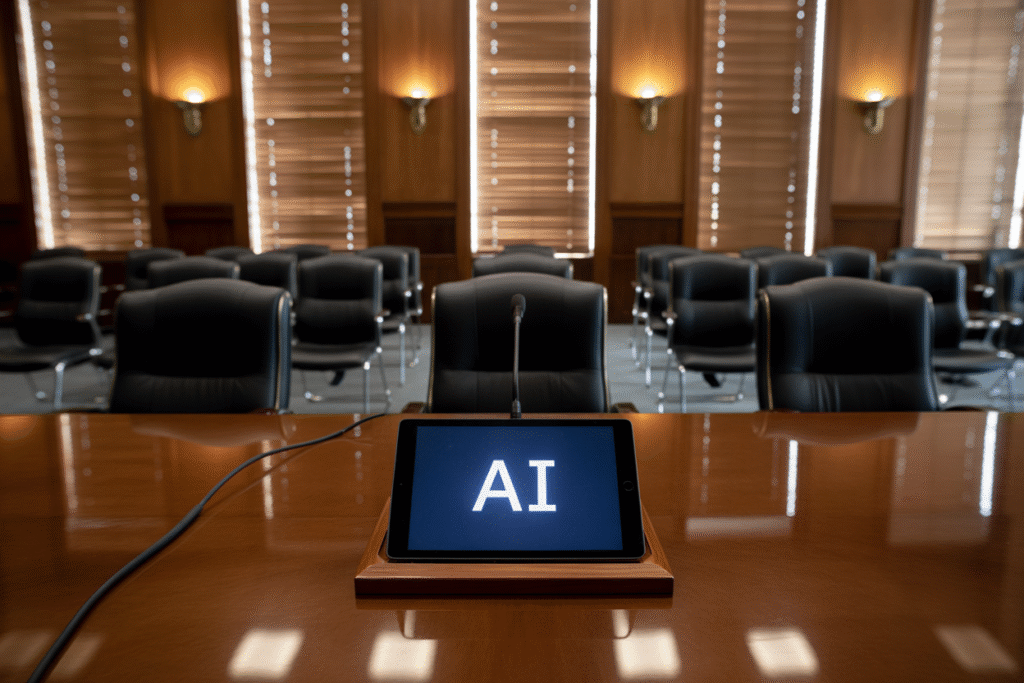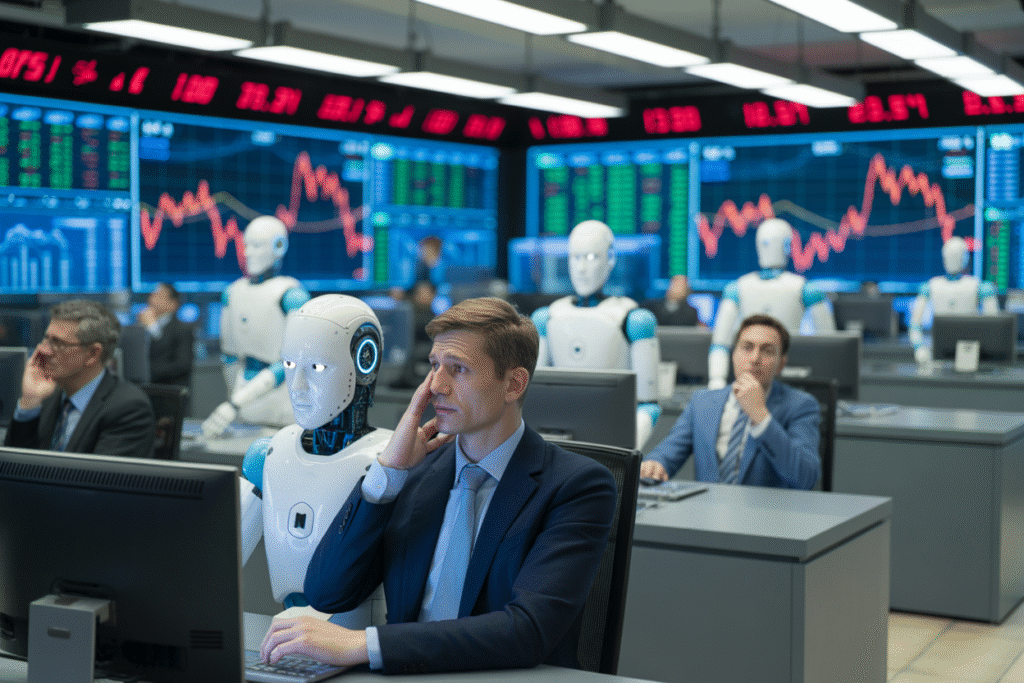Meta just dropped a political bombshell—tens of millions to keep AI rules loose. Here’s why that could turbo-charge job displacement.
Imagine waking up tomorrow to learn your next performance review might be written by an algorithm—and your boss just voted to keep it that way. That’s the quiet earthquake Meta triggered this afternoon when news leaked of a brand-new super PAC aimed at kneecapping AI regulation in California. In the next few minutes we’ll unpack why this matters, who wins, who loses, and how soon your own job could be on the line.
The $30 Million Whisper Campaign
According to an exclusive Politico report published at 14:57 GMT today, Meta is quietly forming “Mobilizing Economic Transformation Across California” (META California for short). The goal? Pour tens of millions into the 2026 governor’s race and beyond, bankrolling candidates who promise the lightest possible touch on AI and social-media oversight.
Why now? Because Sacramento is suddenly buzzing with bills like SB 53, which would force big AI models to open their black boxes for safety audits. Meta argues those rules would “stifle innovation” and push talent to friendlier states. Critics counter that innovation without guardrails is just a fancy word for mass layoffs.
From Moderators to Middle Managers—Who’s First?
Let’s get specific. The PAC’s success means faster deployment of AI agents that already handle content moderation, customer support, and even junior legal discovery. One leaked internal slide from a major bank (separately reported by Inc.com) shows 47% of entry-level analyst roles tagged “high automation risk” by Q2 2026.
If regulation stays light, those timelines shrink. No mandatory impact statements, no retraining funds, no pause to ask whether society can absorb the shock. The ripple starts with gig-work platforms, spreads to call centers, and eventually knocks on white-collar doors wearing a polite chatbot smile.
The Ethics Split—Profit vs. Precaution
Supporters of light-touch rules say speed saves lives—AI diagnostics catch cancers earlier, smart grids cut emissions, and yes, new tech jobs emerge. But ethicists raise a darker flag: without oversight, biased training data can quietly lock millions out of credit, housing, or employment.
Think of it as a high-stakes poker game. Meta and allied firms push all-in on innovation, betting that the upside outweighs the casualties. Labor unions and safety advocates want to slow the deal until everyone can see the cards. The question is who gets to decide the pace—shareholders on quarterly calls, or the rest of us living the consequences?
Voices from the Front Lines
Scroll through X in the last three hours and you’ll catch the tremors. One viral thread warns that “AI alignment without value alignment” could ossify society into a bland, AI-dependent monoculture. Another post from a Bay Area designer confesses “hype fatigue,” tired of promises that every new model will finally deliver human-level creativity—right before her contract gets quietly not renewed.
Meanwhile, Peter Thiel’s latest lecture series on the Antichrist is trending for its surreal irony: the same billionaire funding transhumanist moonshots is lecturing on end-times theology. The subtext? Even the architects of our automated future seem unsure where the off-ramp is.
What Happens Next—And What You Can Do
Short term: watch Sacramento. If META California’s chosen candidates win, expect a wave of enterprise AI rollouts before the 2026 midterms. Medium term: brace for ballot initiatives on data privacy, algorithmic transparency, and maybe a robot tax to fund retraining.
Long term? That depends on who shows up. If voters stay silent, the loudest wallets write the rules. But history shows public backlash can flip scripts overnight—just ask the gig companies who faced Prop 22 fallout.
So read the fine print on every political ad this cycle. Ask candidates where they stand on AI job impact statements. Share this story with the coworker who still thinks automation is someone else’s problem. Because the future isn’t something that happens to us—it’s something we vote on, one policy at a time.


